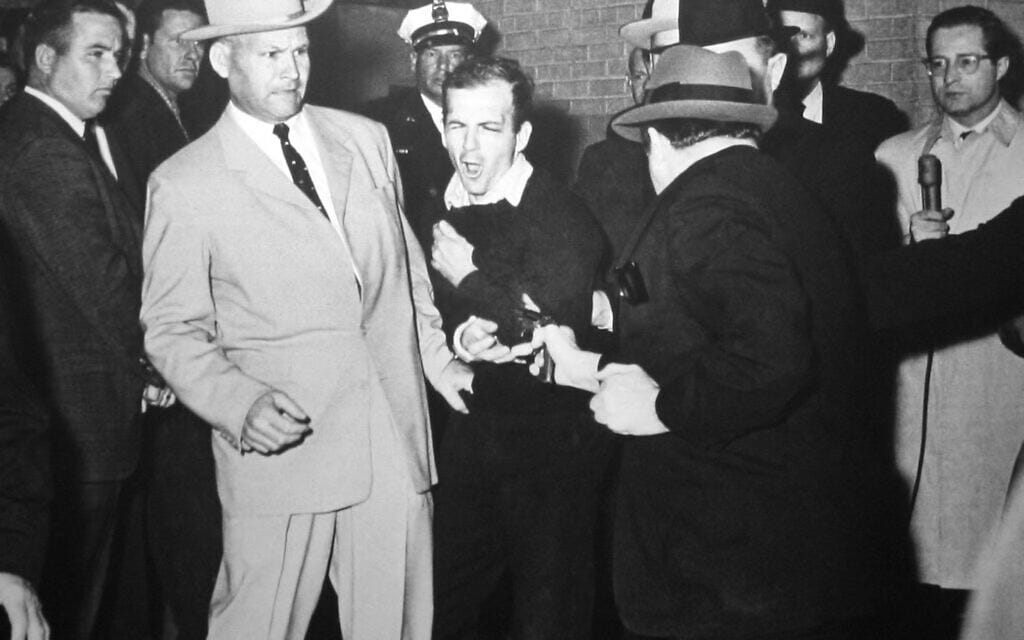🤯My educated guess is that you didn't know Jacob Rubenstein shot and killed Lee Harvey Oswald. Here are 5,000 words on it.
This thing has sooooooooo many layers and I will do my best to peel them back here one by one.
🚨 Friends — You will not read this story in any mainstream history book. You won’t hear it on CNN, or in your kids’ classrooms. The fight between John F. Kennedy and Israel over nuclear weapons was one of the most dangerous standoffs of the 20th century — and yet it’s been deliberately erased from our national memory. I’m telling you the truth they bur…



